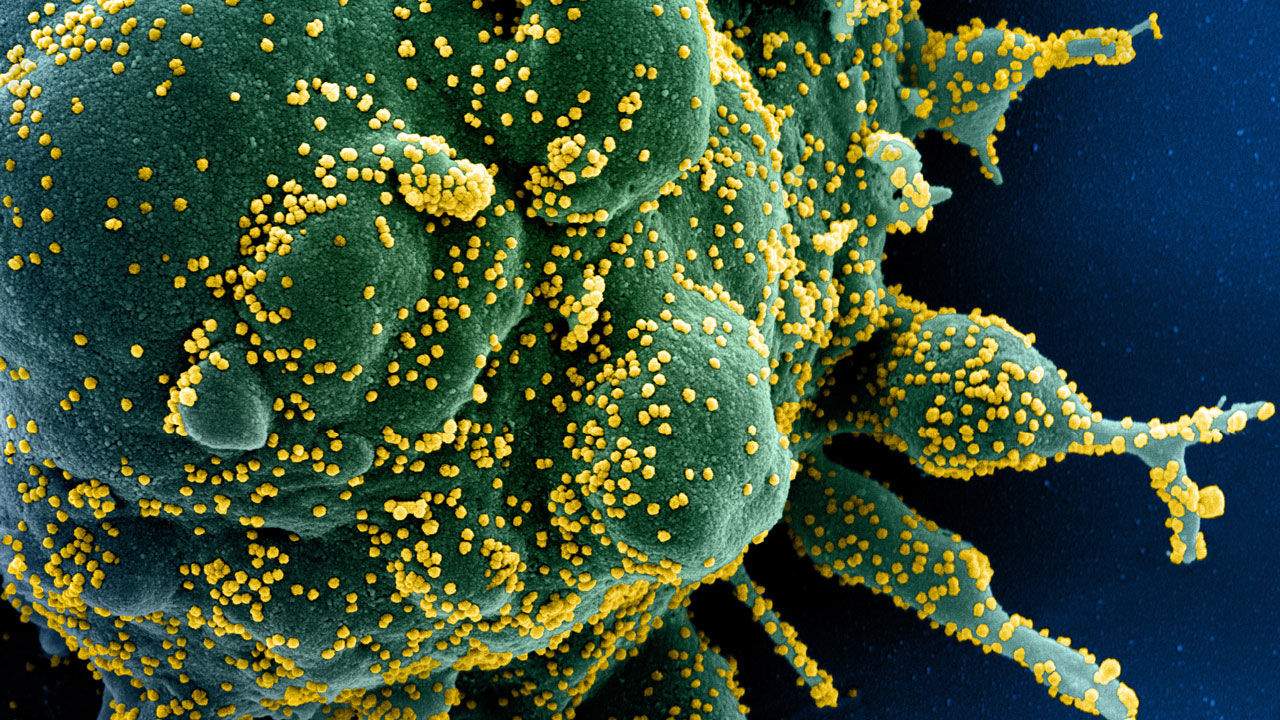The only thing that is keeping researchers across the globe on their toes is the present pandemic situation. The scientists are working hard to find out a potential solution that can help fight the menace. Looking at this, they are exploring the known immune warriors in the human system, one of them is T- cell. Though known for fighting various viruses, the understanding of how T cells interact and fight against Sars-CoV2 is yet not clear. Recently, two studies suggest that patients infected with COVID harbor T-cells to target viruses that might have helped them in recovery. The study reveals that some of the people already have these cellular defense mechanisms mostly because they have a history of infection with any of the coronaviruses.
“This is encouraging data,” says virologist Angela Rasmussen of Columbia University. Although the studies don’t clarify whether people who clear a SARS-CoV-2 infection can ward off the virus in the future, both identified strong T cell responses to it, which “bodes well for the development of long-term protective immunity,” Rasmussen says. The findings of the research study can help scientists come up with a potential vaccine candidate.
“One reason that a large chunk of the population may be able to deal with the virus is that we may have some small residual immunity from our exposure to common cold viruses,” says viral immunologist Steven Varga of the University of Iowa.
Presently, most of the vaccine candidates are developed by targeting the other component of the immune system. For example, many biotech companies are coming up with antibodies based vaccines which are mainly made by B-cells when they interact with the virus. Whereas the T-cell based mechanism differs a little. There are two different mechanisms that define the working of T-cells. One way is where helper T-cells interact with other biological components like B-cells, interleukins, and more to put them into action against the virus. The second way is where killer T-cells directly recognize and target the virus to destroy them from the site. This is the reason that the severity of disease among different patients varies depending upon how strong their Tcell response is.
The scientist team used some bioinformatics tools to assess the interaction between the viral protein and Tcell. For this, they exposed immune cells of few patients to the viral spikes, who have recovered fro the COVID infection. The results showed that all patients harbored helper T cells that helped in the recognition of viral spike protein. This spike protein plays a crucial role while invading a cell. The team also identified killer T0cells in almost 70% of patients, as reported in the ‘Cell’. “The immune system sees this virus and mounts an effective immune response,” says the researcher.
“It is encouraging that we are seeing good helper T cell responses against SARS-CoV-2 in COVID-19 cases,” says a researcher involved in the study.
The present study highlights the importance of looking at other potential immune mechanisms to target COVID-19. Moreover, understanding the detailed role of T-cell in the fight against the virus can have significant implications in the development of potential vaccine candidates. The study has come on time to help researchers find ways to implement it and develop a therapy that can help in turning down the pandemic.




